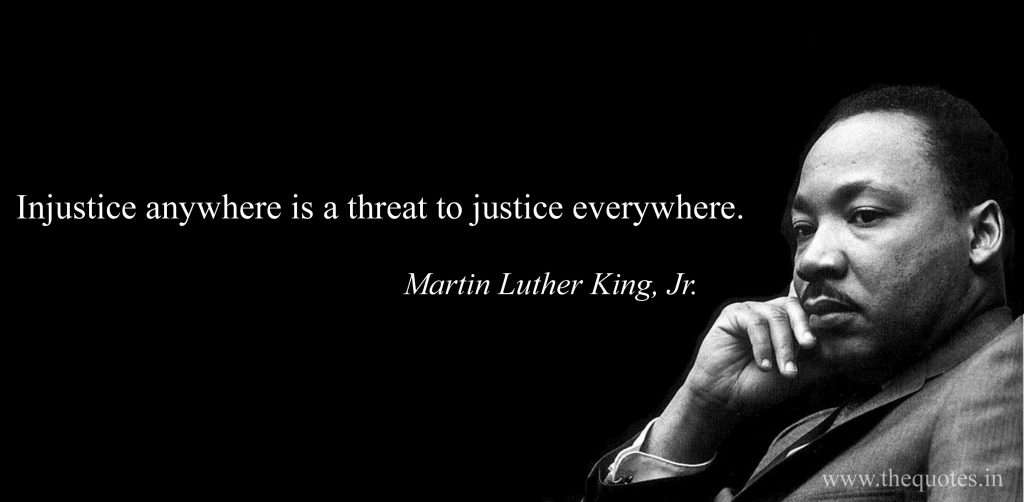Statement From Scientists’ Warning Foundation:
One Earth, Not One Percent
“Both reducing climate change impacts and poverty are two of the defining issues of the 21st century in trying to achieve sustainable development; they are also intrinsically linked.” – Elisa Jiménez Alonso, End Poverty: A Scientists’ Warning Knowledgebase
We are now facing a world at multiple crisis points. There is a global pandemic and a climate crisis behind it. And now, riots have broken out around the country and around the world in response to the brutal inequities surrounding the death of George Floyd. The threats that we have consistently failed to address, or that we have outright denied as a global society, are now unraveling in blatant racism, ever-growing inequality and systemic poverty.
Centuries of countless senseless acts of violence against people because of the color of their skin has been re-exposed by the manner of George Floyd’s death. But this is not just a black or brown issue. This is a human issue. We are all in this together. Further, we must see ourselves as one people, one planet and “one Earth, not one percent” as Vandana Shiva has said. All of our lives are on the line now with a confluence of crises unfolding and a mass extinction event already underway.
This situation has been exacerbated by the dangerous betrayal of the current world leaders, who have failed to demonstrate that they are prepared to lead us out of injustice, poverty or inequality. In fact, they are still denying the issues of our times and calling them a hoax.
Yet scholars such as Noam Chomsky, Cornel West, Chris Hedges, Anand Giridharadas, Rutger Bregman, and many others, have identified that in an elite, neoliberal and fascist dictatorship anyone without money quickly becomes vulnerable to slavery and abuse; while the natural world is pilloried for false profit.
If anything, the coronavirus pandemic has at least shown us just how fast we can act when needed. What is clear is that we can no longer afford the consequences of limitless growthism and neoliberalism. We must immediately dismantle business as usual and implement an ecological economy.
The daunting math of climate change means that in the next 12 years, climate change impacts could push another 100 million people into extreme poverty. Climate change and poverty are a process and a condition that are interrelated. Climate change increases poverty rates globally. Increased poverty means increased war, crime, violence, displacement, famine and disease. These, in turn, impact the environment and species survival on a massive scale. Unique organisms, the world over, are already disappearing at more than 100 times the natural rate.
According to a Forbes article titled “Climate Change And Global Poverty Can Only Be Solved Together,” global poverty and climate change must be simultaneously addressed. The article further states that “developed nations, particularly the United States, should make strenuous efforts to support developing nations’ transition to sustainable prosperity, including the provision of financial assistance to enable them to deploy the necessary infrastructure in sufficient quantity.”
Researchers trying to solve these problems warn that in order to achieve sustainable equality, development will have to be rapid and inclusive. In order to mitigate the worst impacts of the Anthropocene, ineffective global leaders will need to be removed so that new leaders can begin taking targeted action to help people cope with the coming climate shocks and to avoid climate wars. Developing early warning systems and flood protection as well as introducing heat-resistant crops, will be increasingly necessary. At the same time, proactive efforts to reduce emissions should accelerate and be designed to protect the poor.
Solving global poverty and ending world hunger will require implementing progressive and proactive social policies that promote demonetization, degrowth, and gross domestic wellness, while providing social safety nets like universal health coverage, education, and universal basic income. Investments in this regard would bring prosperity to diverse populations who could then choose to protect instead of capitalize on and thus, cannibalize the ecosphere.
We must remain nonviolent, resilient and resolute in our activism and our continued work toward an equitable, sustainable future for all.
It is time that we all stand up, show up, and speak up for each other and all life on Earth.

#WEDONTHAVETIME
#UNITEBEHINDTHESCIENCE
#FLATTENBOTHCURVES
#JUSTICEFORFLOYD![]()
This article is published under a Creative Commons Attribution-NonCommercial 4.0 International license.
